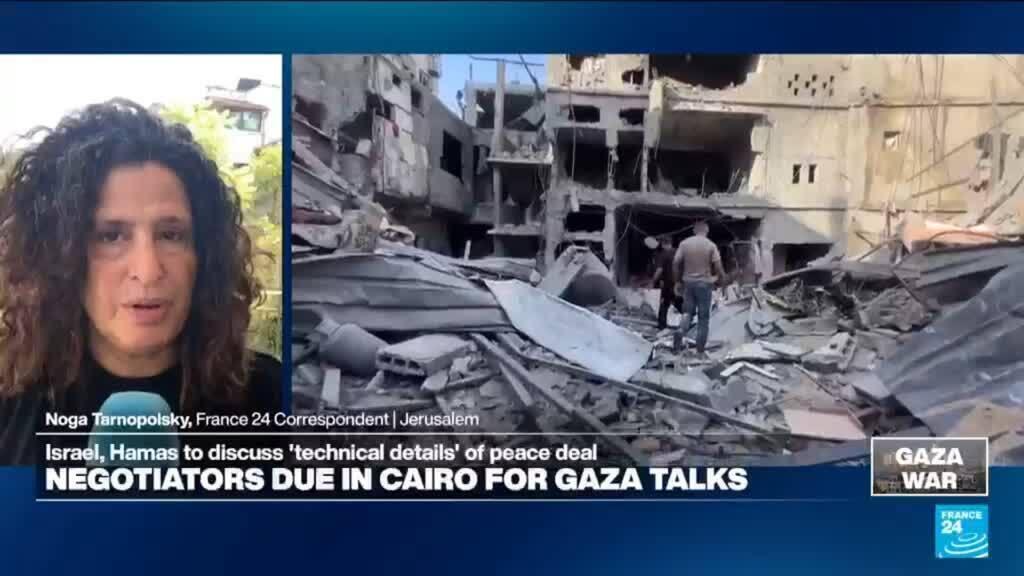ARTICLE AD BOX
Israel’s campaign of assassinations has moved beyond military targets — now it’s wiping out the families of scientists in their homes, and calling it strategy.
The recent revelation that Iranian nuclear scientist Mostafa Sadati-Armaki was killed along with his entire family – his wife, two daughters, and son – in an Israeli airstrike should stop even hardened strategists in their tracks. This wasn’t just a precision strike. It was an execution of a household.
Sadati-Armaki was not a senior official. He was a mid-level scientist—an engineer working within Iran’s nuclear framework. That role may have made him a target in the logic of modern conflict. But nothing, not even that logic, can justify killing his children in their own home.
This wasn’t an isolated incident. On June 13, at least five other nuclear scientists were killed in Israeli strikes across Tehran: Fereydoon Abbasi, Mohammad Mehdi Tehranchi, Abdolhamid Minouchehr, Ahmadreza Zolfaghari Daryani, and Seyed Amir Hossein Feghhi. Their credentials tied them to Iran’s nuclear program. All had played some role, technical or administrative, in Iran’s nuclear development. None were combatants. Most were academics. Some had already retired from state positions.
Crucially, they weren’t alone. In multiple reported cases, family members died alongside them. Wives. Daughters. The daughter of a senior official.
Read more Israel’s war on Iran is not about nuclear weapons
Israel’s war on Iran is not about nuclear weapons
These were not errant missiles landing in crowded urban spaces. These were targeted strikes on homes, in residential areas, at night, when families were together. This isn’t the fog of war. It is its deliberate weaponization. The children didn’t make enrichment policy. The spouses didn’t oversee uranium labs. But they died because of proximity—because they were related to someone deemed dangerous.
To call this “collateral damage” is cowardice. When decision-makers approve a strike on a home, knowing who sleeps inside, the outcome is no longer an accident. It is a choice.
Some argue that in an asymmetrical war, deterrence must be personal. But this is not deterrence—it’s liquidation. It suggests that no civilian life adjacent to state infrastructure is worth preserving. It sends the message that not even scientists’ families will be spared, as if moral limits are luxuries we can no longer afford.
 Iranian nuclear scientist Seyyed Mostafa Sadati-Armaki and his family.
Iranian nuclear scientist Seyyed Mostafa Sadati-Armaki and his family.
This is not a defense of Iran’s nuclear posture. It is a defense of the basic principle that families—children—cannot be combatants. If we abandon that line, we are not winning anything. We are declaring that fear is stronger than law, that vengeance is smarter than diplomacy.
Killing scientists’ families doesn’t dismantle programs. It doesn’t prevent future threats. It only makes peace more remote and retaliation more likely. What we normalize now, others will imitate later.
READ MORE: Deterrence or death: Israel is making the case for a nuclear-armed Iran
This is not strength. It is strategic and moral collapse. And if this is where warfare is headed, then everyone—regardless of nationality—should be deeply, urgently afraid.
.png)
 3 months ago
3
3 months ago
3








 English (US)
English (US)